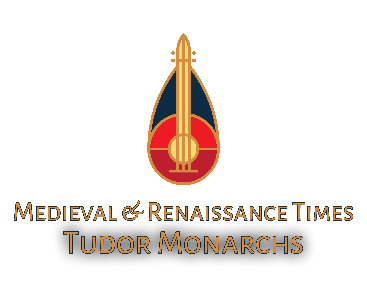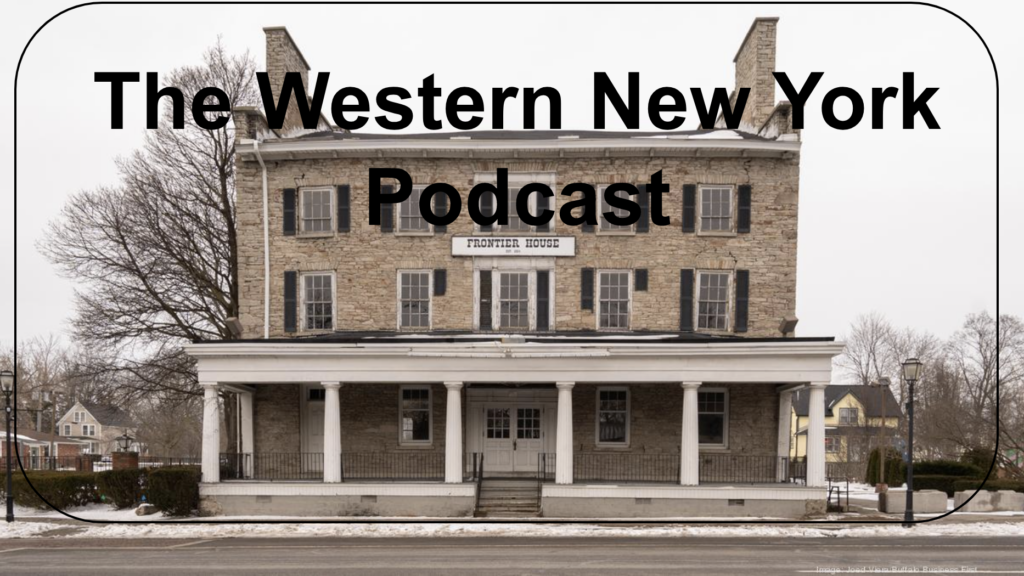Blog post and podcast by Joseph Z. Trueworthy

Hello everyone, my name is Joseph Zachary Trueworthy. This is my first attempt at podcasting, with the help of my fantastic instructor, Professor Marissa Rhodes: HST 485: History in The Wild. Without her help, I don’t believe I could have accomplished completing my podcast project. For you see, I have Autism, and being in the public eye is exceedingly difficult for me. Let me explain; I was born in the winter of 1999. My parents were ecstatic, but when they found out that I had Autism, their joy turned to sorrow because they did not know what would become of me. They loved me but didn’t know how to help me. For example, I could not put two words together until I was approximately five years old. But, with the help of some special teachers from the Visalia Unified School District (VUSD), California, I was eventually able to attend school. Trying to learn in school was difficult for me. My troubles with education culminated in my failing every course at the beginning of my seventh-grade year and feeling suicidal because of my failure. Thank God for my parents and some extraordinary people working for the VUSD coming to my rescue. They found me a school for special children. By enrolling me in a unique program to help children like me, I went from being an “F” student to an almost straight-A student. I graduated with honors and immediately applied to enroll at Arizona State University (ASU). It was the best decision I have made in my academic career.
My instructors at ASU have been excellent. They have done their best to understand the needs of students, like me, who have disabilities, and have gone out of their way to include me, with open arms, in their courses. Treating me with respect and love. With my Autism background, you might understand how difficult a podcast might be for me because of my disability. But Professor Rhodes encouraged my passion for history and helped me produce a podcast showcasing two historical episodes: The first episode featured the first Monarch of the Tudor Dynasty: Henry VII (The Winter King). The second episode featured that roguish Tudor King, Henry VIII. I began the project with much trepidation, but by the end of the course, I came to enjoy the process and look forward to doing something similar in the future.
In closing, I hope you enjoy my podcast, and if you have any suggestions or recommendations on how I can improve upon my podcast, I would greatly appreciate it. It would help me, going forward, if I am fortunate enough to produce more historical podcasts.
I’ve been both an academic historian and a history podcaster for about six years. I love doing it and I am constantly confronting the inconsistent (and sometimes conflicting) skill sets required for my parallel roles. I chose the topic of history podcasting for my HST 485 History in the Wild course and designed the course to be as collaborative and applicable as possible to their real-world needs. ASU’s humanities students deserve to take courses that harness their passions and natural curiosities so that building a wide variety of skills (our end goal) doesn’t feel like work. The podcasts that resulted from this course exceeded my expectations. –Dr. Marissa Rhodes, professor of HST 485: History in the Wild

Tagline: Fellow time travelers, hop aboard my podcast time machine, and hang on; we are heading to Renaissance England to observe the reigns of Henry VII and his son Henry VIII.
Title: Tudor Monarchs
Proposed Topic: Life and times of the kings and queens of the Tudor Monarchy
Titles and descriptions of your two sample episodes:
The Winter King, Henry VII of England (1485-1509) The episode recounts his birth, time in exile, description, return to England, his role in ending the “Wars of the Roses,” ascension to the throne, marriage to Elizabeth of York. It also delves into the tragedies concerning his children, the defense of his throne, his governance methods, noteworthy accomplishments, and finally, his death.
More than Marriages? King Henry VIII of England (1509-1547) The episode narrates Henry VIII’s ascension to the throne, description, six wives, and their troubles. It also speaks of his governance methods, noteworthy accomplishments, and death.
Topic Ideas for an additional eight episodes:
- Life and Reign of Edward VI (The Boy King)
- Mary I (Bloody Mary)
- Elizabeth 1 (The Virgin Queen)
- Elizabeth of York, Plantagenet Princess, Tudor Queen
- King James IV of Scotland (The King with the Iron Belt)
- Lady Jane Grey, The Nine Days Queen (The Forgotten Martyr)podc
- Sir Francis Drake (The Queen’s Pirate)
- James I (House of Stuart)
Proposed Format:
- Long Form
- Biographical
- Chronological: Beginning with the first Tudor King (Henry VII)
- Proposed POV/Approach/Style/Voice:
- POV will be that of a novice (young historian)
- Historiographical approach
- Non-fiction storytelling
- Single host
- Lighthearted and, at times, humorous
Episode Frequency & Rationale: Weekly series, starting with the Tudor Monarchs and transitioning to the Stuart Monarchs and possibly transitioning to another English Monarchy.
About the Host:
- Joseph Zachary Trueworthy
- Resides in Visalia, California
- Currently attends Arizona State University (ASU), a prestigious academic institution
- Majors in History and Geography
- Obsessed with anything having to do with History (e.g., Tudor History)
Target Audience: People who love Royal English History, history majors, scholars (e.g., High School and College)
- Tudor Monarchy is considered by many as one of the most exciting periods in English History.
- The long-Form format enables the host to infuse the podcast with historical information, trivia, and entertaining special effects.
- The narrative style will be used. The host will be the storyteller.
- A once-a-week frequency will give the host plenty of time to gather the information to produce a meaningful episode. It will also allow the audience to ponder each episode’s content before continuing the series or preparing them for a new topic.
- Target demographic will be reached by Email, Facebook, or a host website.
- I will promote a sense of community with my listeners by greeting them every time I open each podcast, answering questions, and considering their needs and preferences as much as possible. Basically, I will be approachable and humble in my interactions with my audience members.
- Some may not like my podcast because they are not English History fans or are not enamored with my podcast’s format or style. Still, I will take their objections into consideration, and if I can adopt the changes, I will, if it meets the goals of the original concept for the podcast.
- To attract listeners and retain listeners, I will be upfront about what type of content my podcast is producing, never deviating to the point that I lose my history fans or accidentally confuse a first-time listener.
The reason my podcast is needed: Promoting interest in and teaching the importance of History.
- Quite a few podcasts exist that are in the History genre. The following are several examples of history podcasts on Apple Podcast.
- The Medieval Podcast
- 4.7/5 rating (good rating)
- Considered a solid show, but there have been some complaints regarding a lack of in-depth History and the host having a habit of laughing at her own jokes.
- Renaissance English History Podcast: A Show About the Tudors
- Also has a 4.7/5 rating (good rating)
- Some reviewers complain the show is too scripted, making the show seem bland.
- British History: Royals, Rebels, and Romantics
- 4.8/5 rating
- Listed in the top 100 podcasts of its type.
- Tudors Dynasty Podcast
- 4.6/5 rating (good)
- Some reviews complain that the host’s pronunciation is inadequate and that her script reading skills are lacking.
- Most of the people who tune into Tudor podcasts are enthusiastic amateur historians. They love topics related to English nobility. Not many detractors are not attractive to the podcast host or hosts or those disappointed with a lack of research on the subject.
- My podcast, I think, would fare well because of the amount of work I put into the podcast, primarily related to research. Still, everyone makes mistakes, and the reviewers would say something negative, but I would respond by making corrections and notifying my audience of the error I made.
- I need to do more research for my podcast, and I need to gain more experience as a narrator and podcast host.
- My podcast does get into the esoteric more than other podcasts. So, I think my kind of podcast might be able to fill that niche in the genre.
Auxiliary components: I would like to add a website or blog, and I would like to launch a Facebook page and add transcripts to my podcast. After viewing other podcasts that are in my genre, I notice they have useful add-ons that I also would like to make available to my podcast audience:
- Links for various sources
- SEO Tools
- Media Player
What auxiliary components would you launch alongside the podcast:
- I would add the social media and source links and transcripts. That way, my audience can contact me, research, and verify my references and transcripts to improve the podcast experience. With transcripts, they can jot down notes and read through the episode at their leisure.
- One way to make my podcast more available to those who have a disability would be to make my podcast transcripts available in braille for the blind.



